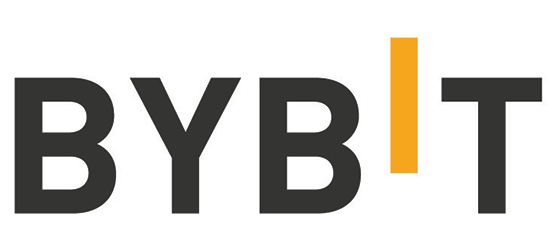Elon Musk wins Dogecoin lawsuit
Elon Musk, the trailblazing CEO of Tesla Inc., has successfully obtained the dismissal of a towering $258 billion lawsuit that charged him and his enterprise with manipulating the market value of Dogecoin (DOGE), the well-known cryptocurrency inspired by an internet meme.
U.S. District Judge Alvin Hellerstein ruled in Musk and Tesla's favor on Thursday, negating the allegations brought forth by a collective of displeased investors.
Initiated in June 2022, the suit orchestrated by several Dogecoin investors contended that Musk, alongside his corporation, utilized social media and public discourse to spur a temporary inflation in the cryptocurrency's value, inevitably leading to its sharp decline and subsequent financial detriment to its holders.
The complainants argued that Musk's tweets and public affirmations concerning the meme token surged its value by over 36,000% in a span of two years, only for it to steeply fall thereafter.
Judge Hellerstein dismissed these allegations, stating that the statements made by the SpaceX founder were "optimistic" and fell under the category of "exaggeration" rather than constituting legally actionable claims.
The accusers highlighted a range of the 53-year-old's tweets as instances of significant misrepresentations, including his assertion of becoming the "official CEO of Dogecoin" and his speculative comment about potentially sending a "literal Dogecoin" to the moon aboard a SpaceX rocket.
The claimants further implicated the tech mogul and his automotive company in a "pump and dump" scheme concerning the meme currency. Nonetheless, Judge Hellerstein concluded that they failed to convincingly outline how the duo was involved in such a scheme.
A March 31 Reuters article revealed that Musk's legal representatives had earlier petitioned for the case's dismissal, highlighting that the accusers failed to show Musk's intent to deceive or the risks he allegedly obscured.
They argued that his tweets, including proclamations like "Dogecoin Rulz" and "no highs, no lows, only Doge," were too ambiguous to constitute fraud accusations.
They urged the court to dispel the plaintiffs' illusions and reject the complaint.

















